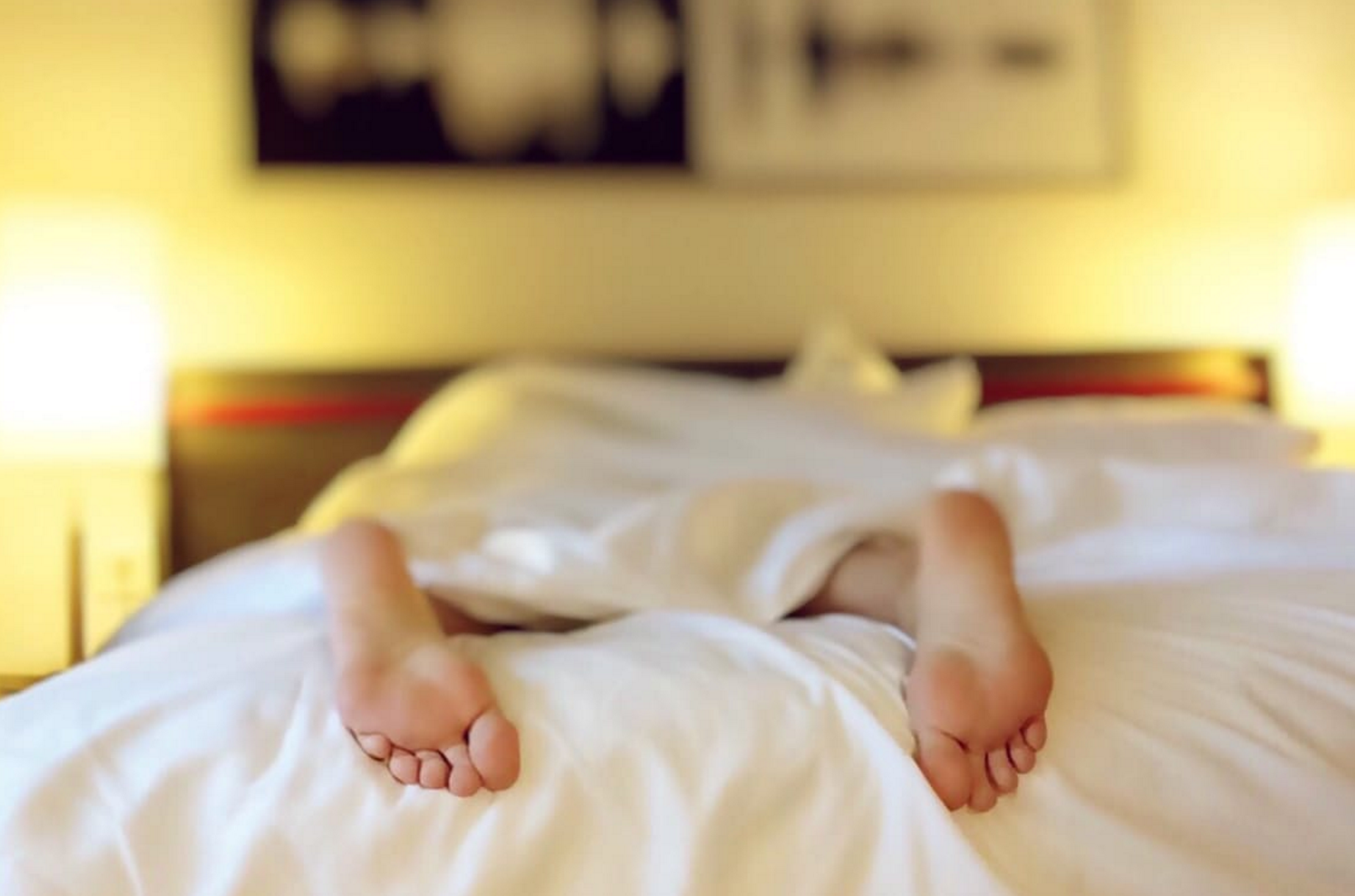Spoiler alert! You, probably.
It's not news: an occasional cleansing protocol that focuses on healthy, whole-food nutrients while avoiding toxin exposure is good for all of us. For some, however, a detox doesn't come with the luxury of choice. And for the rest of us, we may simply not realize how hard our bodies are struggling to maintain homeostasis. But symptomatic or not, it’s safe to assume that everyone's detox pathways are working overtime to keep us healthy in today's world.
So where are the lines and when are they crossed? It's hard to say, exactly. But in this post I'll outline some of the more common lifestyles and environmental factors that can cause a significant toxin overload.
A toxin overload happens when the detoxification system can’t keep up with the toxins coming in. Symptoms are wide-ranging and individual; one might experience general fatigue and a constant headache while another complains of joint and muscle pain. For some, it’s manifested by an extreme intolerance of scented candles, creams, or air fresheners. Although it can be difficult at times to differentiate the symptoms of a toxin overload from the signs of another medical condition, a supportive detox protocol can initiate or support healing in either case by optimizing overall organ function.
This is your body, on toxins.
The individuality of how the body reacts to toxins is an interesting puzzle. Why is one person incapacitated by an environmental toxin while Neighbor-Jim goes merrily about his/her business? It’s not always clear, but for some it's a matter of genetics. Take the MTHFR gene, for example. This gene plays an active role in methylation, one of the processes the body relies on for detoxification of heavy metals. If the MTHFR gene has snips at particular points in the DNA, it can be underactive, resulting in predisposition towards a heavy metal overload. That overload can cause symptoms ranging from headaches to diarrhea to neurological dysfunction. Meanwhile, Neighbor-Jim with his perfect MTHFR genes is blissfully unaware of the terrible quality of the town water.
Work environment is a common cause of toxin overload. Commercially cleaned offices, construction sites, salons, and farms are a few examples of places that often carry heavy toxin loads. Sometimes it’s the work materials themselves, as in the case of a painter, landscaper, or photographer.
Necessary medical treatments and protocols can also overload a detox system. Every pill and tablet contains a variety of compounds that lean heavily on liver function for detoxification. Even a seemingly simple round of antibiotics can trigger an overload; the targeted bacteria release a variety of toxins throughout the die-off period that can overwhelm the body’s pathways, a process called Herxheimer reaction.
So innocent. So purple.
Certain health conditions have been linked to poor detox function. Autism, ADHD, and hyperactivity in children is sometimes credited to a deficiency in the PST-p enzyme. This enzyme is needed for processing certain substances, such as common food dyes. Many a parent has marveled at the positive changes in their child when food dyes, specifically, are removed from the diet.
Multiple chemical sensitivity is another example of a specific toxin-linked condition. While the medical community is wary of committing to MCS as a true illness, its existence is grudgingly acknowledged. Much of the struggle with defining MCS comes from the extreme individuality in the body’s response to toxins; as WebMD cynically says:
“Some say that levels of exposure generally considered safe for most people can have an effect on a few.”
MCS can result from a major toxic event, such as a chemical spill, or from chronic, low-level exposure. It often causes extreme sensitivities to everyday products such as scented candles, cleaning products, or food preservatives and causes progressive symptoms that include headaches, fatigue, nausea, memory loss, and weight loss. In extreme cases it may leave an individual bedridden. Despite its severity, MCS is difficult to diagnose. The medical world, unimpressed by the sometimes vague qualities of MCS, often diagnoses antidepressants or antianxiety medication instead of recognizing its roots in poor detoxification function. Many MCS patients who find healing only do so after taking the research and treatment into their own hands. Amie Valpone of The Healthy Apple has walked this long road herself and has oodles of resources and support for this condition on her website.
In summary: we're all exposed to way too many toxins and we all have varying degrees of efficiency in shooing them out the backdoor. Solution? Well, the braver and more antisocial among us sometimes move off the grid, back to the land, or onto the homestead and thrive in the more natural environment. If that's not an option for you, don't panic yet. There are ways to spruce up the situation that we'll dive into over the next post or two. For now, drink an extra cup of milk thistle tea and soak your feet in a cool mountain spring.
Shoutout to cairns for keeping us on track.




